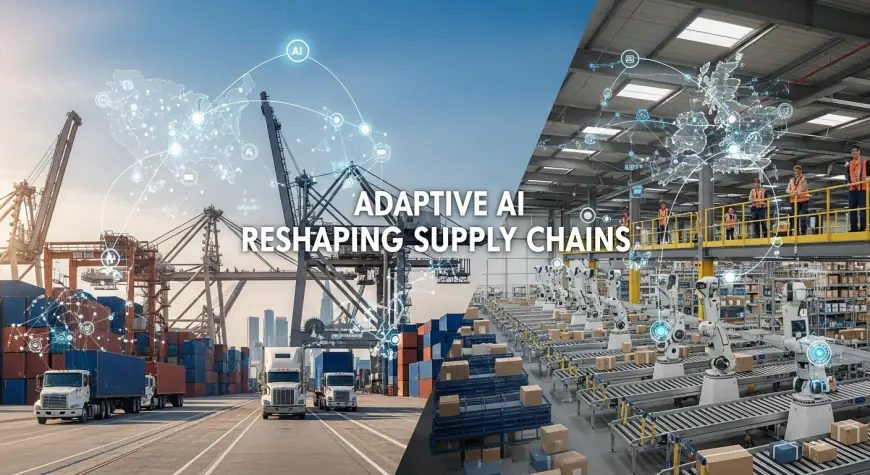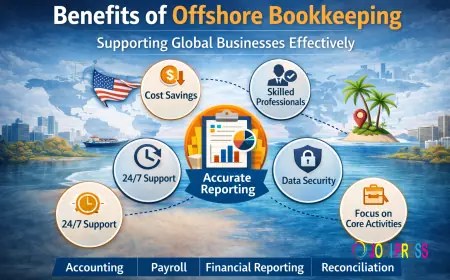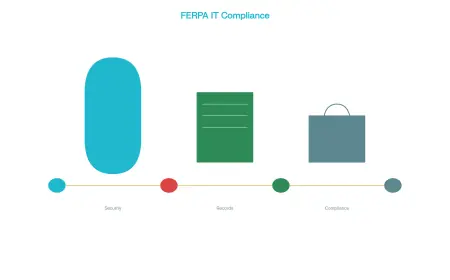Adaptive AI Development Companies Reshaping Supply Chains Across the US and UK

Introduction: Supply Chains Under Pressure
Supply chains in the US and UK are undergoing a seismic transformation. Global disruptions, shifting consumer demands, geopolitical challenges, and sustainability pressures have exposed the fragility of traditional supply chain models. Businesses are now seeking technologies that not only provide efficiency but also adaptability and resilience.
Enter adaptive AI development companies—specialized providers building intelligent systems capable of learning, predicting, and responding dynamically to supply chain challenges. By leveraging adaptive AI development services and solutions, enterprises in the US and UK are creating supply chains that are not just automated, but responsive and future-ready.
What Makes Adaptive AI Unique in Supply Chain Management
Traditional AI tools rely on historical data and predefined models. While useful, they often struggle when markets or conditions shift unexpectedly. Adaptive AI, however, is designed to evolve continuously.
In supply chain management, adaptive AI:
-
Analyzes real-time data: From demand fluctuations to shipping delays, it adjusts models instantly.
-
Predicts disruptions: Anticipates risks such as port congestion, labor strikes, or material shortages.
-
Optimizes decisions dynamically: Re-routes shipments, adjusts inventory, and adapts procurement strategies as conditions change.
-
Improves collaboration: Provides visibility across suppliers, logistics providers, and retailers.
This ability to adapt continuously is the reason why companies in the US and UK are increasingly turning to adaptive AI development companies.
Adaptive AI in the US Supply Chain Landscape
The US supply chain is vast, complex, and heavily reliant on both domestic and international trade. Adaptive AI development solutions are being deployed to address several critical issues:
-
Port and Logistics Management
Adaptive AI predicts congestion and optimizes cargo movements across major ports and logistics hubs. -
Inventory Optimization
Retailers and manufacturers use adaptive artificial intelligence development services to dynamically balance inventory between warehouses, stores, and online channels. -
Supplier Risk Monitoring
With global suppliers playing a major role, adaptive AI monitors geopolitical, financial, and environmental risks affecting supplier performance. -
Sustainability Initiatives
Adaptive AI helps companies reduce carbon footprints by optimizing routes and sourcing materials from sustainable suppliers.
In a market where consumer expectations for speed and reliability are higher than ever, adaptive AI is quickly becoming indispensable.
Adaptive AI in the UK Supply Chain Landscape
The UK supply chain, while smaller in scale than the US, faces its own set of unique challenges—particularly post-Brexit, where cross-border complexities have increased significantly. Adaptive AI development services are proving to be critical in this environment.
-
Cross-Border Trade Optimization
Adaptive AI helps businesses manage customs, tariffs, and compliance issues more efficiently. -
Retail Supply Chain Transformation
With e-commerce booming, adaptive AI systems are ensuring accurate demand forecasting and last-mile delivery optimization. -
Healthcare Supply Chains
Adaptive artificial intelligence development solutions are used to ensure timely availability of medicines and medical equipment, especially during crises like the pandemic. -
Resiliency in Transportation Networks
Adaptive AI supports real-time adjustments in transportation schedules, reducing the impact of strikes, weather delays, or fuel shortages.
For the UK, adaptive AI is not just a technological upgrade—it is essential for maintaining competitiveness in a global market.
Shared Benefits for US and UK Enterprises
Across both countries, the role of adaptive AI development companies is reshaping supply chains in profound ways:
-
End-to-end visibility: Organizations gain a unified view of supply chain operations.
-
Reduced disruptions: Predictive intelligence minimizes the impact of unexpected events.
-
Cost savings: Dynamic optimization reduces waste, delays, and overstocking.
-
Enhanced customer experience: Faster, more reliable deliveries meet rising consumer expectations.
-
Agility and scalability: Businesses can respond quickly to market changes.
These benefits explain why adaptive AI development solutions are now seen as a necessity rather than a luxury.
Overcoming Challenges: Ethics, Compliance, and Adoption
Despite its potential, implementing adaptive AI in supply chains comes with challenges. Both US and UK companies must address:
-
Data privacy concerns: Protecting sensitive trade and supplier information.
-
Integration complexities: Ensuring adaptive AI works seamlessly with legacy systems.
-
Ethical sourcing considerations: Aligning AI-driven decisions with sustainability and labor standards.
-
Regulatory compliance: Meeting standards across industries and geographies.
Adaptive AI development companies in both regions are focusing on transparent, ethical, and compliant frameworks to build trust and accelerate adoption.
Future Outlook: Supply Chains of Tomorrow
Looking ahead, adaptive AI will drive a new era of supply chain innovation. Some emerging possibilities include:
-
Self-healing supply chains where systems automatically resolve disruptions.
-
Greater integration with IoT and robotics for real-time operational control.
-
Circular economy optimization to reduce waste and maximize resource use.
-
AI-powered supply chain collaboration platforms uniting suppliers, logistics firms, and retailers.
As adaptive artificial intelligence development solutions mature, they will reshape how enterprises in the US and UK approach logistics, procurement, and customer engagement.
Conclusion: Resilience Through Adaptability
In a world where supply chain disruptions have become the norm rather than the exception, adaptability is the new competitive edge. Adaptive AI development companies are equipping US and UK businesses with tools to create resilient, intelligent, and sustainable supply chains.
By investing in adaptive AI development services, enterprises are not only improving efficiency—they are securing their place in the future of global commerce.
What's Your Reaction?
 Like
0
Like
0
 Dislike
0
Dislike
0
 Love
0
Love
0
 Funny
0
Funny
0
 Angry
0
Angry
0
 Sad
0
Sad
0
 Wow
0
Wow
0














































